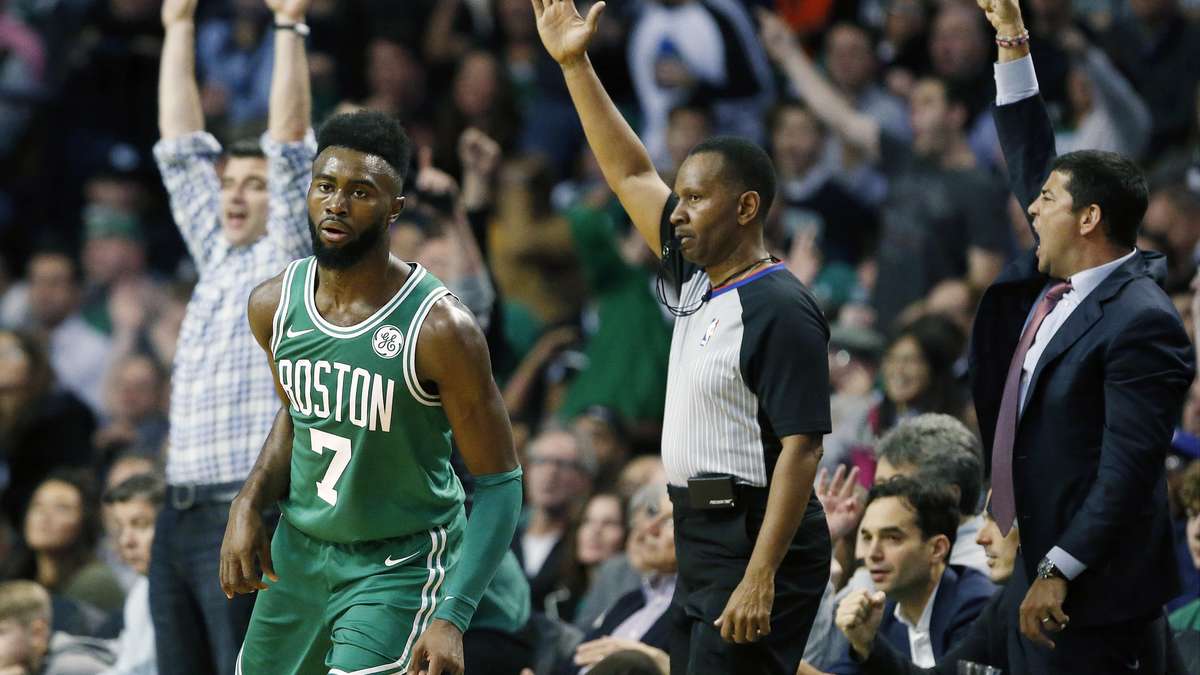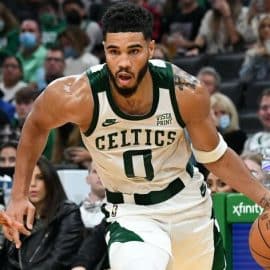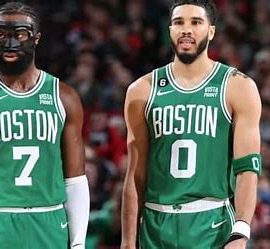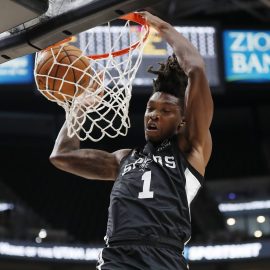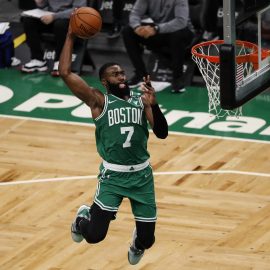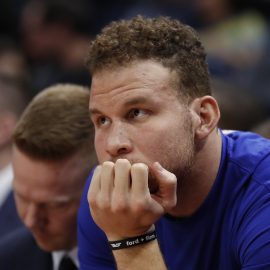Every morning, we compile the links of the day and dump them here… highlighting the big storyline. Because there’s nothing quite as satisfying as a good morning dump.
MassLive’s Fred Katz and Tom Westerholm are helping us ink-stained wretches at Red’s Army survive the doldrums of August by running a series of pieces on the Celtics’ rivals. The most recent article posted features Tom Westerholm talking about Golden State.
The Warriors would be the safest pick, obviously. They have the continuity, and they have Steph Curry and Kevin Durant. But it’s HARD to win championships year after year (after year after year). The Celtics have built a super team capable of exploiting the minimal weaknesses in Golden State’s armor, and a Celtics/Warriors Final would be a worthy follow-up to all of the LeBron/Warriors showdowns of the past four years.
Skip on over there for a pretty impressive breakdown of the on-the-court matchups.
Last year’s Celtics team started off significantly better than the 2016/17 team’s band of loveable over-achievers. However, by the end of the season, they were probably worse than the IT led team from the year before–certainly they weren’t much better.
We should probably be glad they didn’t end up in the Finals–if nothing else, it preserved the Celtics rather stellar 17-4 record in the NBA’s championship matchup.
But this season promises to be different–assuming the starting five all stay reasonably healthy, and the bench doesn’t suffer the sort of freak injuries (granted, some self-inflicted) that happened last year.
Where a full-strength Boston Celtics/Golden State Warriors Finals matchup has the potential to be fascinating is the in-game psychology.
The Warriors have a reputation for a stout defense that is, in my opinion, far more about intimidation than execution. Golden State is as good as any team I’ve seen in years at forcing other teams to play to their strengths. We’ve all seen the damage the Warriors can do in a couple minutes of action–a close game turns into a double-digit Warriors lead in a handful of possessions as the Warriors land impressive shots and the other team falls apart, especially in the Oracle Center–a soon-to-be-replaced venue that is probably as close as the NBA has to the old Boston Garden in this degenerate age.
But look closely at what happens during these killer Golden State runs: The Warriors’ opponents seem to always follow up a Steph Curry haymaker with a rushed, bad possession. The psychological impact of Curry landing a shot from 28 feet out seems to short-circuit the part of the other team’s collective consciousness that reminds them the shot is only worth 3 points. Instead of falling back into the same offensive sets that kept the game close up to that point, team after team after team seems to think that they have to match the psychological impact of whichever Golden State player just did something impressive.
Most of the time they fail, and fail badly, and Golden State turns around and lands another haymaker and the rout is on.
There is a reason why Boston has played Golden State better than any other team in the league over the past four seasons, and that reason is Brad Stevens. I think the difference in coaching ability between Kerr and Stevens is greater than many people realize, and that’s because the Brad Stevens Celtics have never faced the Warriors with a talent advantage, yet they’ve played the Warriors as close as anyone has.
And the advantage that Stevens has over other coaches is, at least in my opinion, not so much in his sets and ATO plays and what not. It’s his demeanor.
Let’s turn the clock back to April 2016, and the Celtics win that ended the Warrior’s home winning streak (and protected the record of the ’86 Celtics):
ESPN showed a clip of Brad Stevens talking in the huddle after the Curry explosion. He complimented the way they were playing and told them not to react emotionally to Curry making shots. Golden State is so good at demoralizing its opponents, but it never happened to the Celtics, even when the best player on the planet was making the crowd go crazy.
The message took. After the game IT and Smart had this to say:
“I don’t know where we got it from, but tonight we showed what Brad’s been trying to tell us the whole year about,” said Isaiah Thomas with a smile and tilt of his head. “No matter what happens throughout the game, stay poised, stay confident and just continue to control what you can control.
“And I think that’s why we got the win, because no matter the crazy shots [Curry] made, we just stayed at it and stayed the course.”
…
“We know that they’re going to make tough shots,” said Smart. “We just can’t let those tough shots change our demeanor and our attitude. You know, we’ve got to keep playing. We’ve got to come back at them and just keep contesting.”
The Warriors’ best defensive weapon is their offense; if their offense does not succeed in seducing the other team into wild possessions, Golden State dissolves into a roughly average defensive team that loves to take risks at the expense of sound defensive principles.
That propensity for risk-taking pays off handsomely when the other team is rattled; but against a well-disciplined team, it frequently leads to exploitable holes that can be capitalized on. The Warriors thrive on chaos; they are careless with the ball on offense (25th in the league in turnovers per 100 possessions last season–11 spots worse than the next 55+ win team, which ironically, was Boston) and as mentioned, they are prone to risk-taking on defense–especially Curry. They win games because chaos is contagious.
If the Celtics can keep their composure against the Warriors, even in the Finals–and we know Kyrie Irving, at least, can–if they remember to keep playing their game, because their game works against every team in the league, we’ll all be tuning in next October to watch the 18th banner get hoisted up into the Garden rafters.
(About the lead pic: You remember that game, don’t you? That was the game where you realized just how good Jaylen Brown could be.)
Add The Sports Daily to your Google News Feed!
